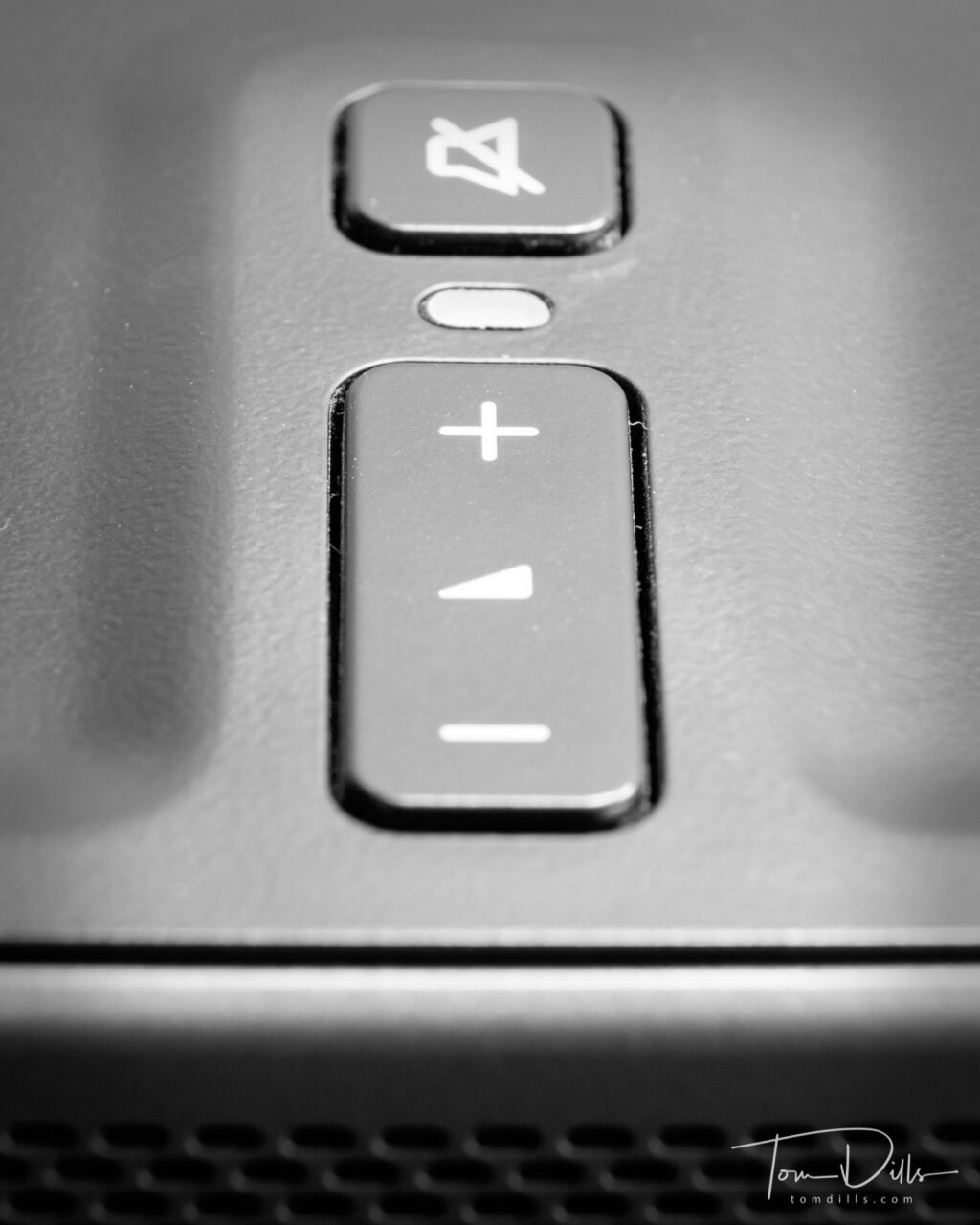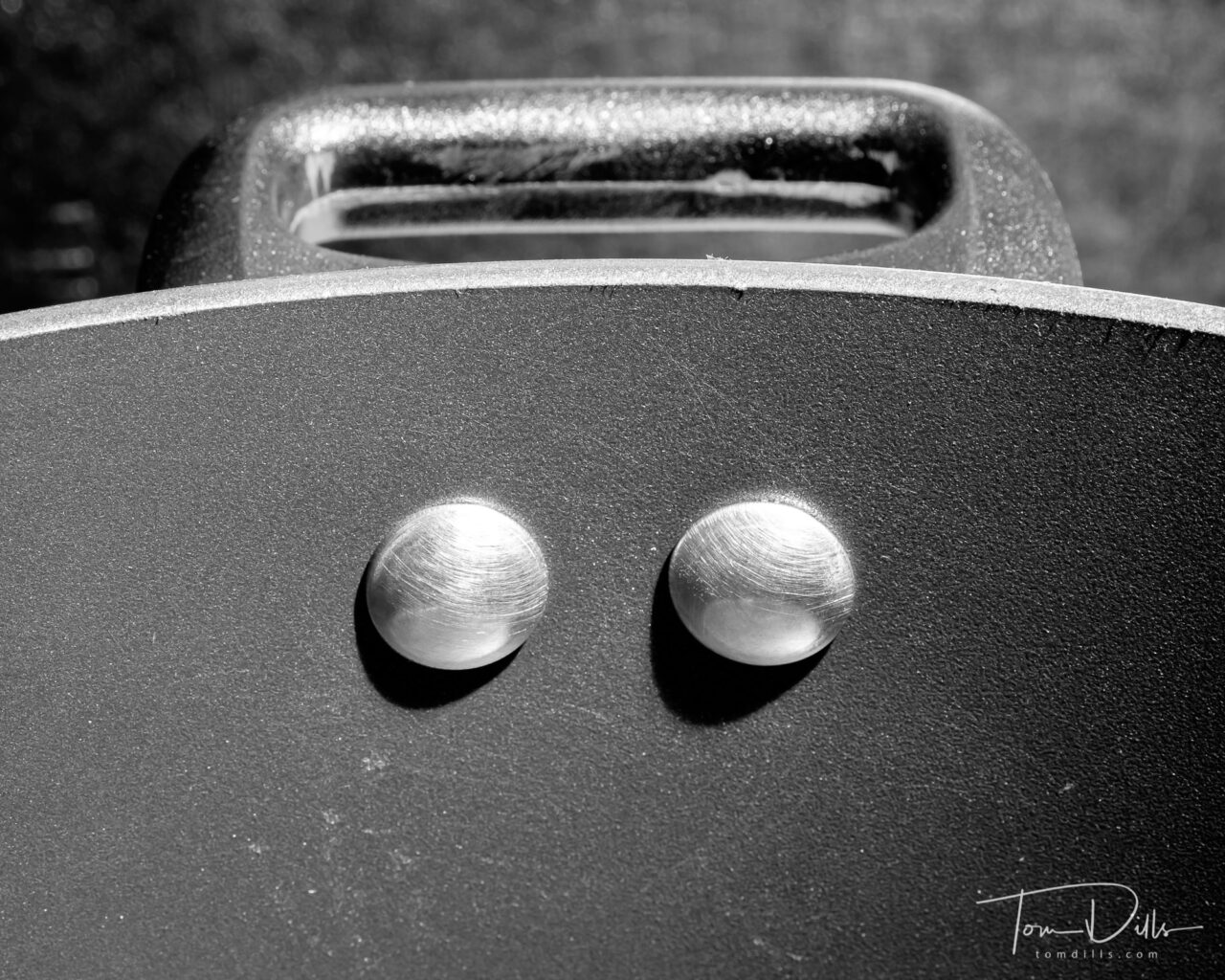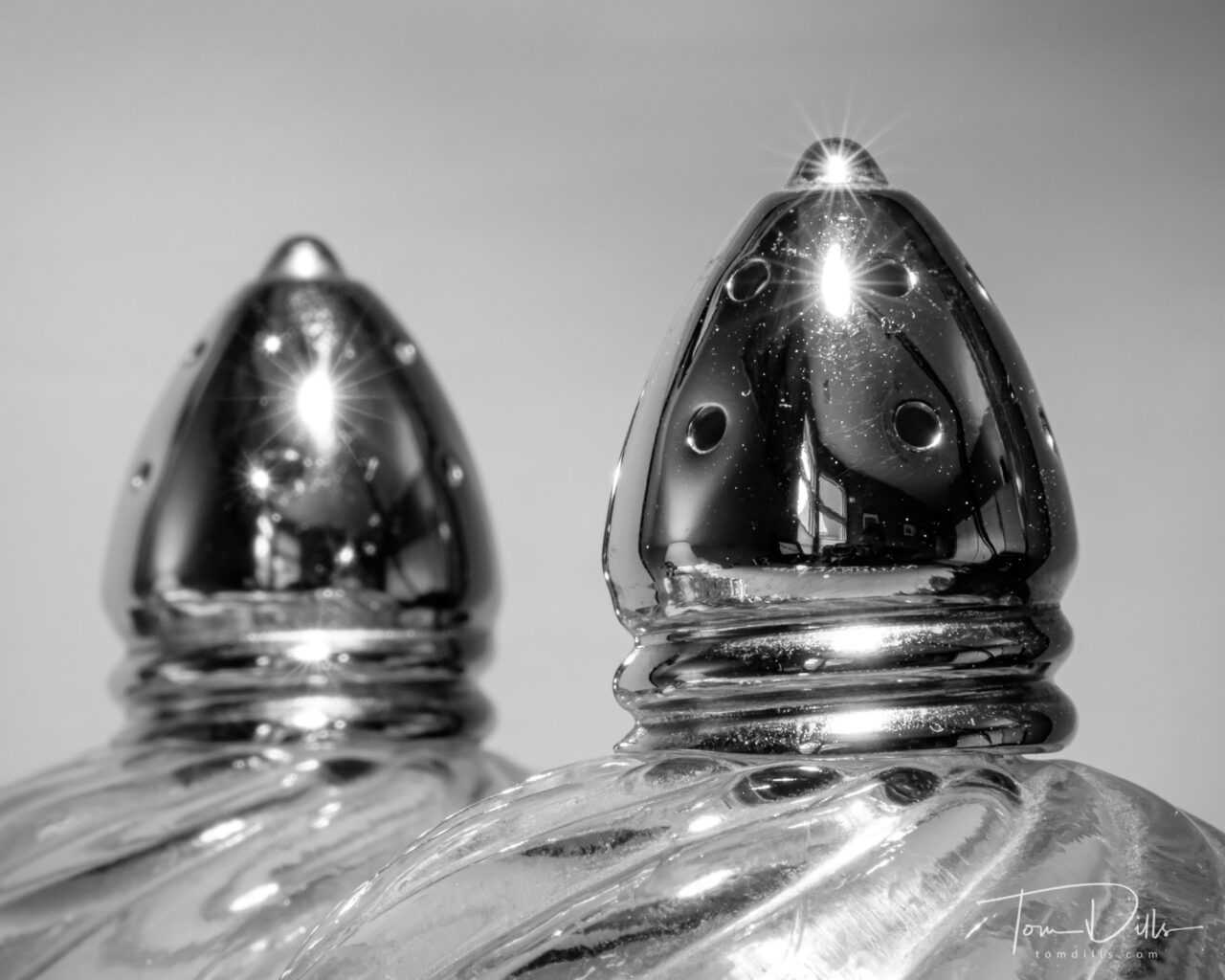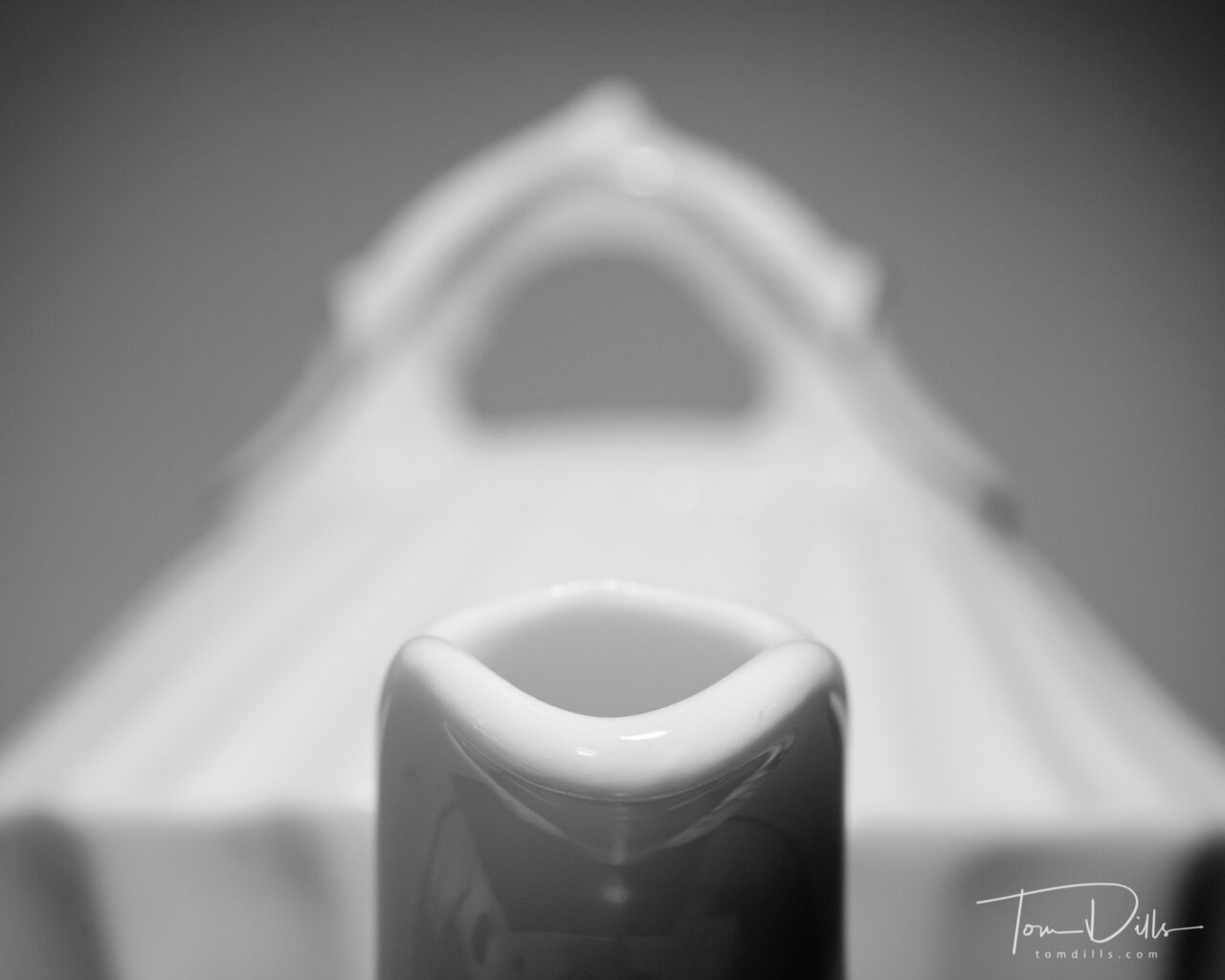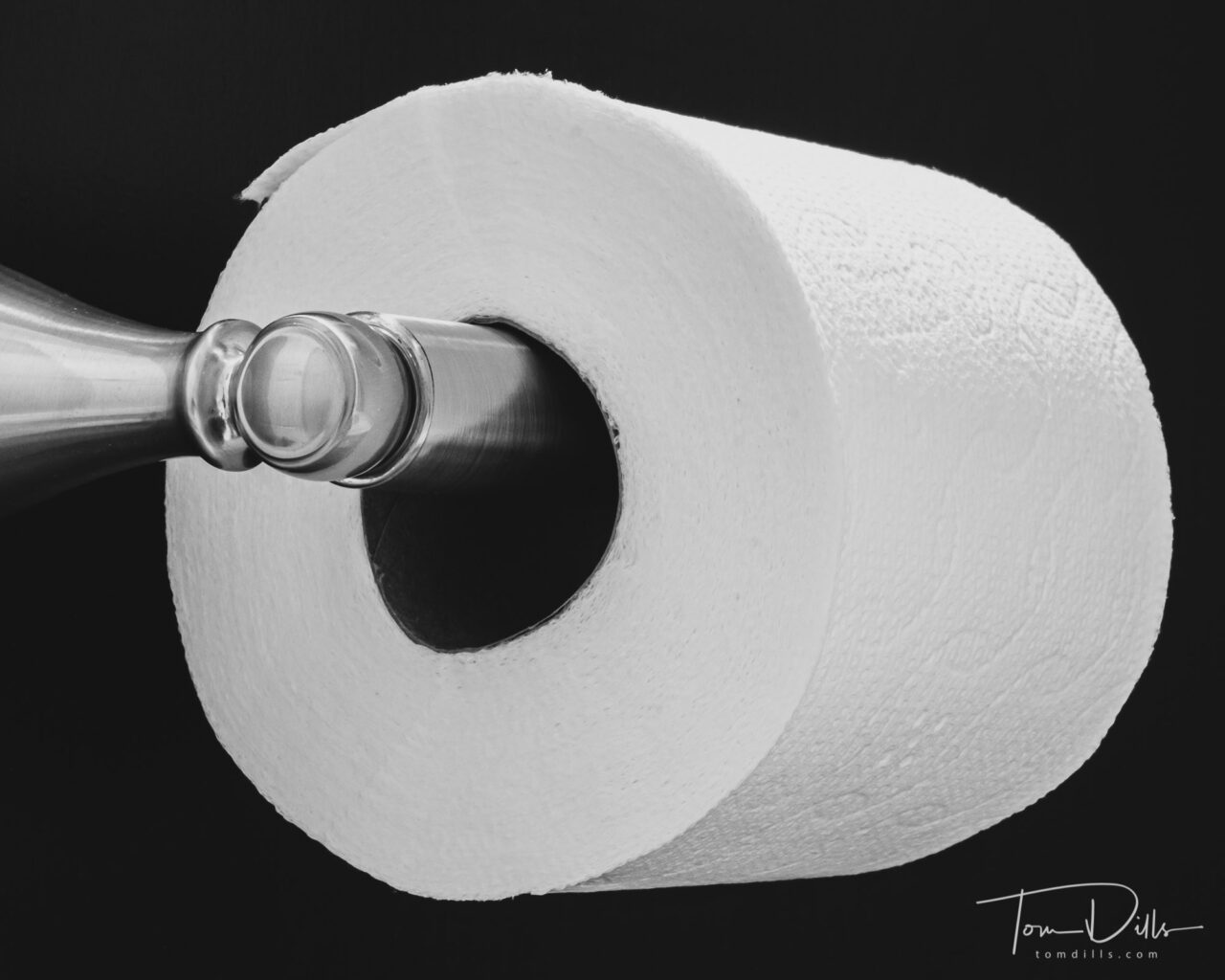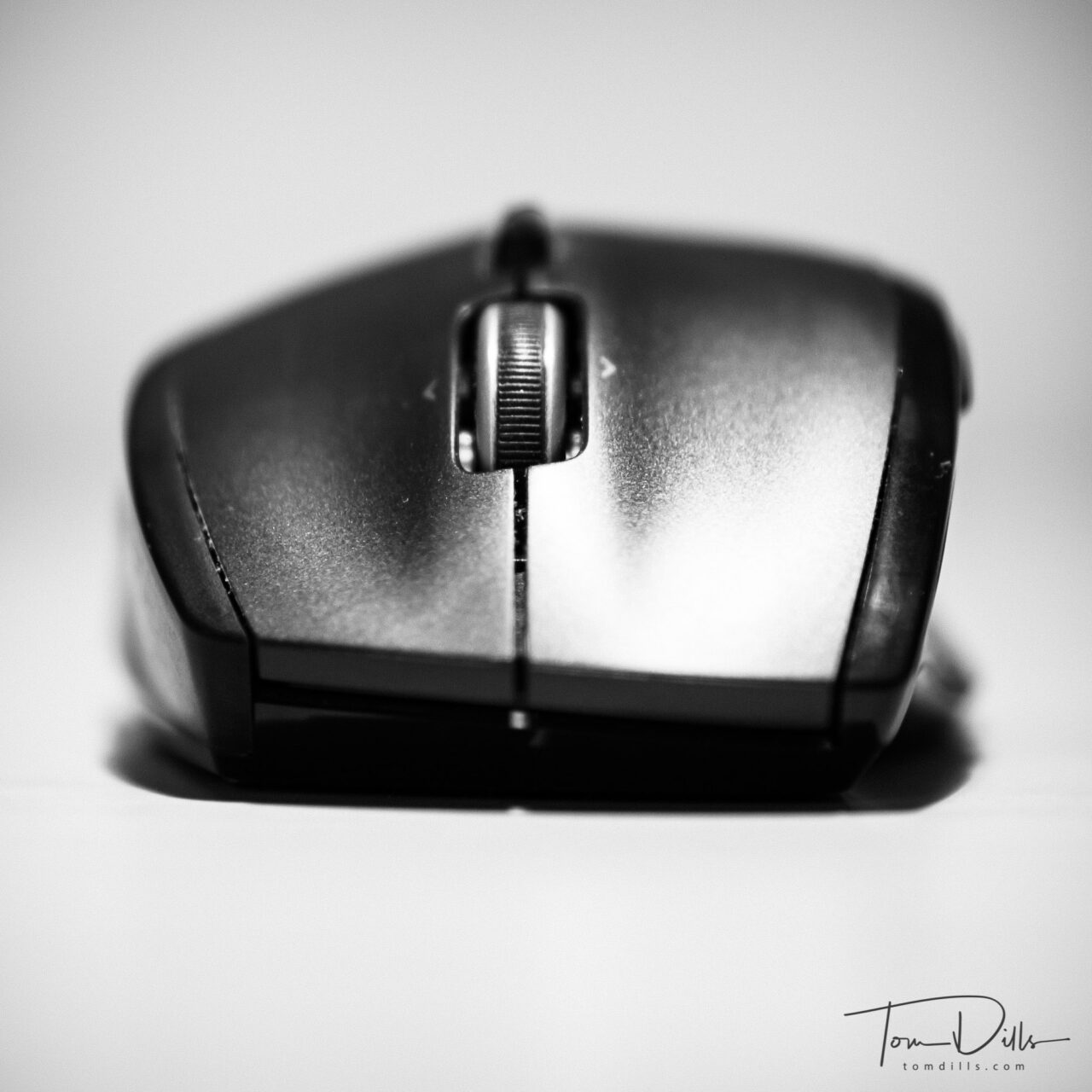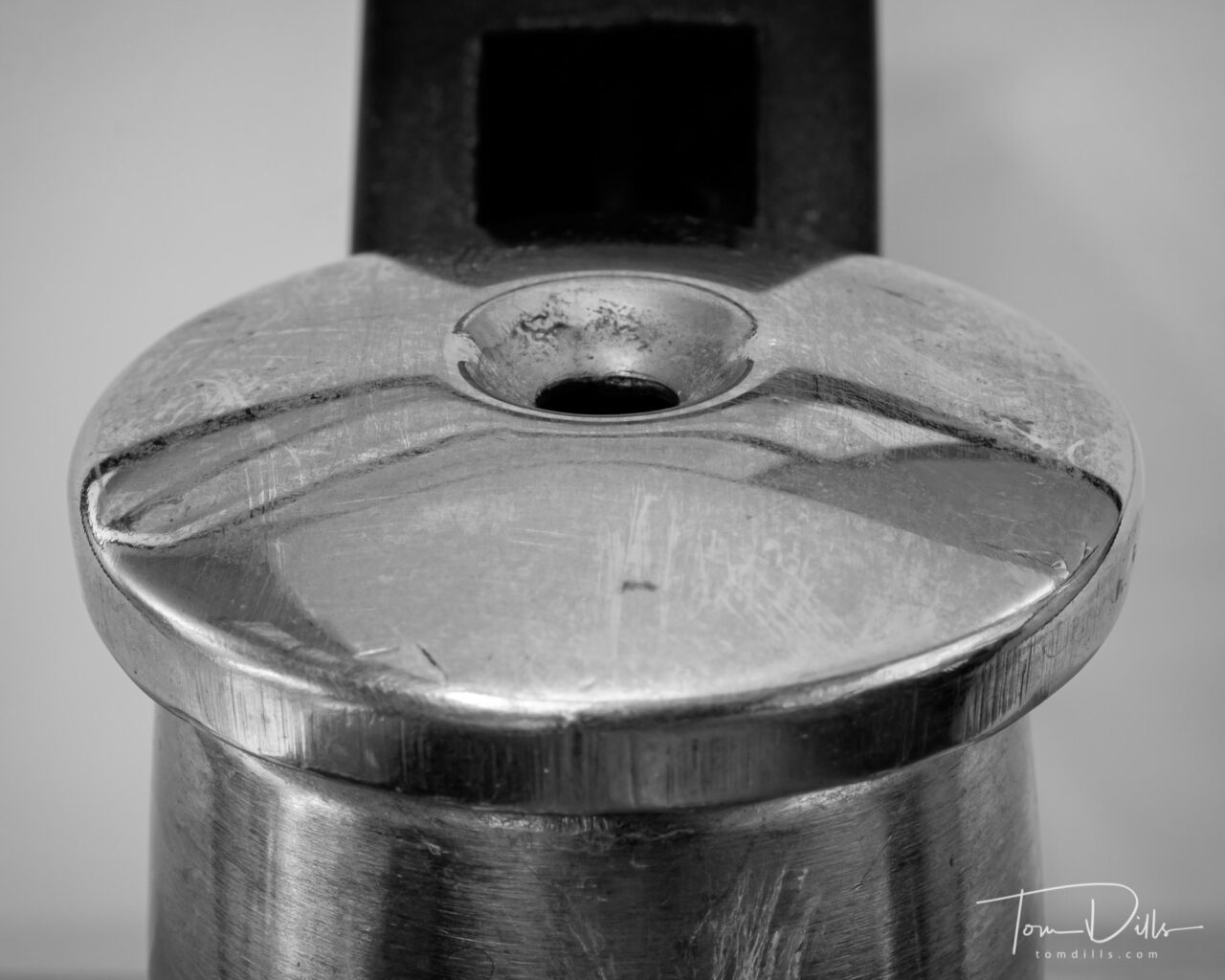
- Ordinary Household Objects: Tea Kettle
One of our bartender friends dropped off a bottle of his homemade Old Fashioned Syrup the other afternoon. But he just left it on the porch then emailed me later to tell me it was there. I replied to object that we had been hoping to say hello – and to pay him. His reply to me was moving and I wanted to share:
“I know me too.
I’ve been a social distance steward.
Plus it’s really hard seeing people and not hugging them.
It hurts my heart.
Hope you guys love it and it makes quarantine a little bit bearable!!!!
Cheers!”
Cheers!
Nota bene: this is not my opinion, only a thought I’ve been pondering. Keep that in mind when you read it.
One of the things I wonder about as this virus thing chugs along, is whether the long-term economic impact of all these closures will ultimately be more devastating to a larger portion of the population than the health impact. In U.S. alone in the last two weeks, 10 million people filed for unemployment, vs. (as of 4/5/20) 311,536 confirmed cases and 8,499 deaths.
It sounds crass to suggest the possibility that the lives saved are not worth the cost, and I’m not actually suggesting that to be the case. But there has to be a breakeven point in terms of cost/benefit. We’re doing all this quarantining to stave off a capacity crisis in our healthcare system. I get that. But at what point does the long-term economic cost – that is impacting everyone, not just the ones who get sick – outweigh the lives saved? And perhaps more importantly, if the same thing happens again in a few years, then what?
To apply the medical terminology to the economics, isn’t this a bit like infecting everyone with the virus, then depending on the strength of our personal immunity and an overwhelmed healthcare system to cure us?
